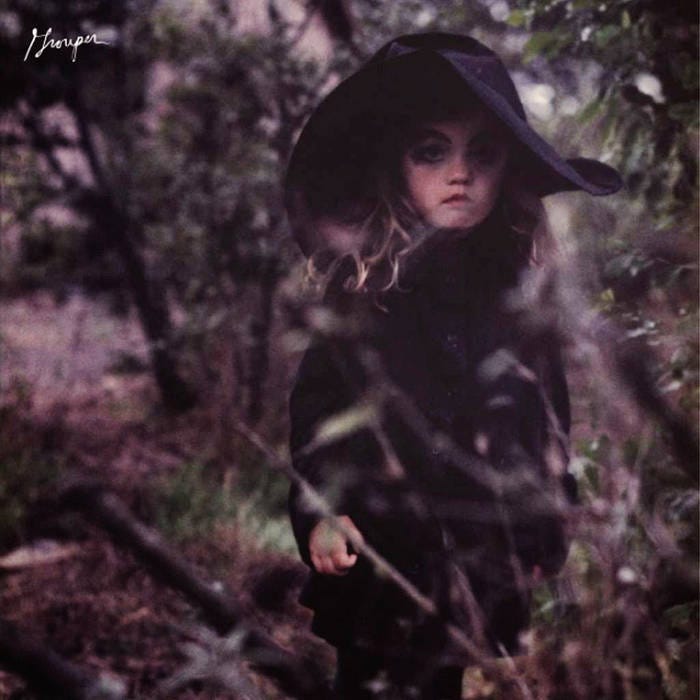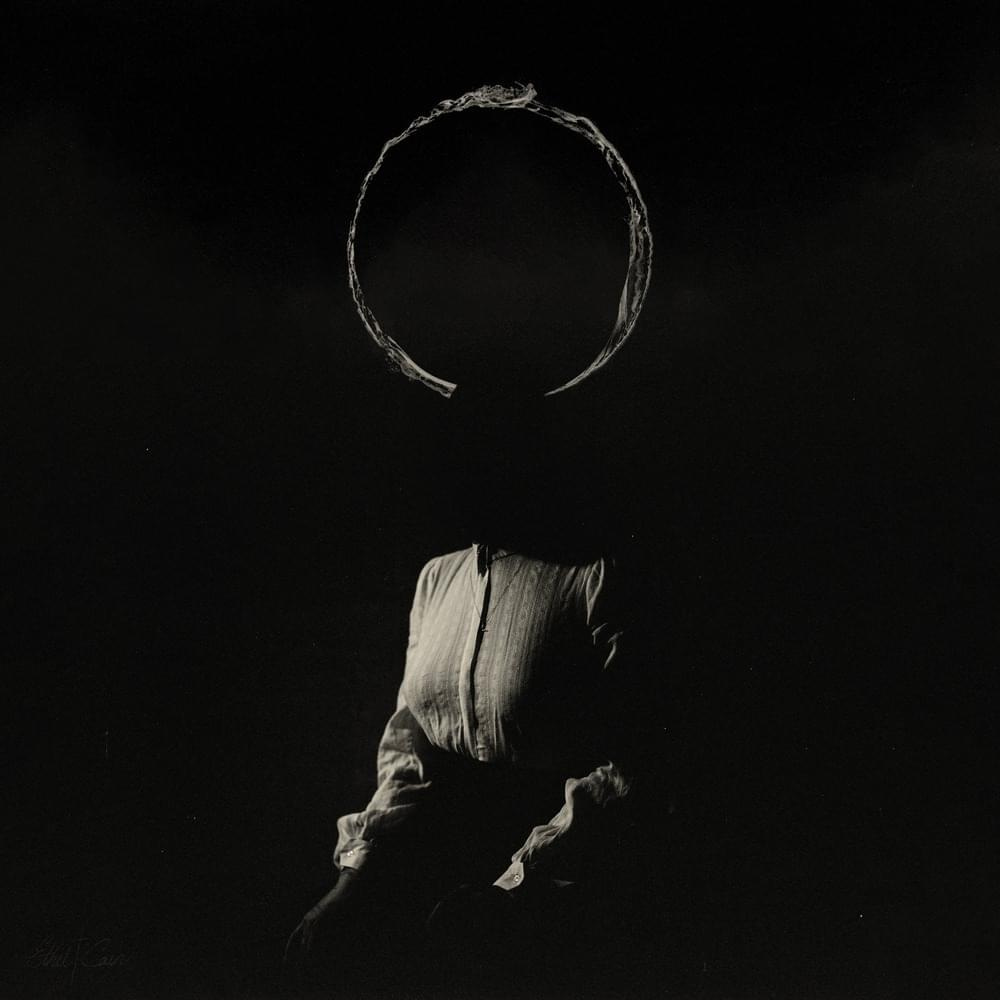I’ve often found, with the music that I love, it’s the quieter artists who say the most whenever the world feels unkind. Not with their slogans but by tuning into a shared unease the rest of us can barely name. Sometimes you just need to know where, and how, to listen.

Multi-instrumentalist Liz Harris, under her Grouper alias, emerged from the mists of ambient drone experimentation with Dragging a Dead Deer Up a Hill (2008). This was her fifth album, an open wound disguised as lullabies. She strips back the denser fog of her earlier work but retains the soft veils of reverb. It’s more than a little haunting. Acoustic guitar and piano guide us gently through a thicket of barely audible memories. “Heavy Water / I’d Rather Be Sleeping” sounds like a hymn remembered through grief. Harris doesn’t sing to us so much as near us, her voice flickering in and out like light peeking through tree leaves. “Invisible” is the closest thing to an actual song and it’s delicately beautiful, in contrast to “When We Fail,” so light and airy it barely occupies space. Tracks bleed at the edges into one another, not from apathy, but from an insistence that life isn’t so rigid, it’s malleable with the seasons, with moods. The tired sounding wisdom at its core transforms into calm endurance.

Ethel Cain’s Perverts (2025) arrived as a passion project, standing alone, outside the dense lore of her Preacher’s Daughter debut. Cain whispers too but primarily she stalks us. Harris peered inward, whereas Cain reached out and touched the electric fences, curling her fingers through its links. Her world is part southern gothic séance, part apocalyptic dirge. The industrialised hum of field recordings, hymnal fragments, and unsettling confessions fester within their own murkier realm. “Punish” opens with a fragile piano and ends in an unholy collapse. “Housofpsychoticwomn” is oppressively claustrophobic and “Amber Waves” is a beautifully soft attempt at imbuing hope. But there are no pop-adjacent moments here, just existential dread and sacred decay. Her outsider folk incantations refract pain and ultimately give some form of catharsis. She shares her own nightmares by pushing ambient minimalism towards emotional maximalism and we feel these songs like heavy weights on the chest, like emerging from drowning water and taking that hard, first breath. Neither album simply passes the time. They both mark it, slowing it down. They acknowledge the world’s hurt in detail and prepare the way for healing.
Article published for: The Line of Best Fit – August 8th, 2025

